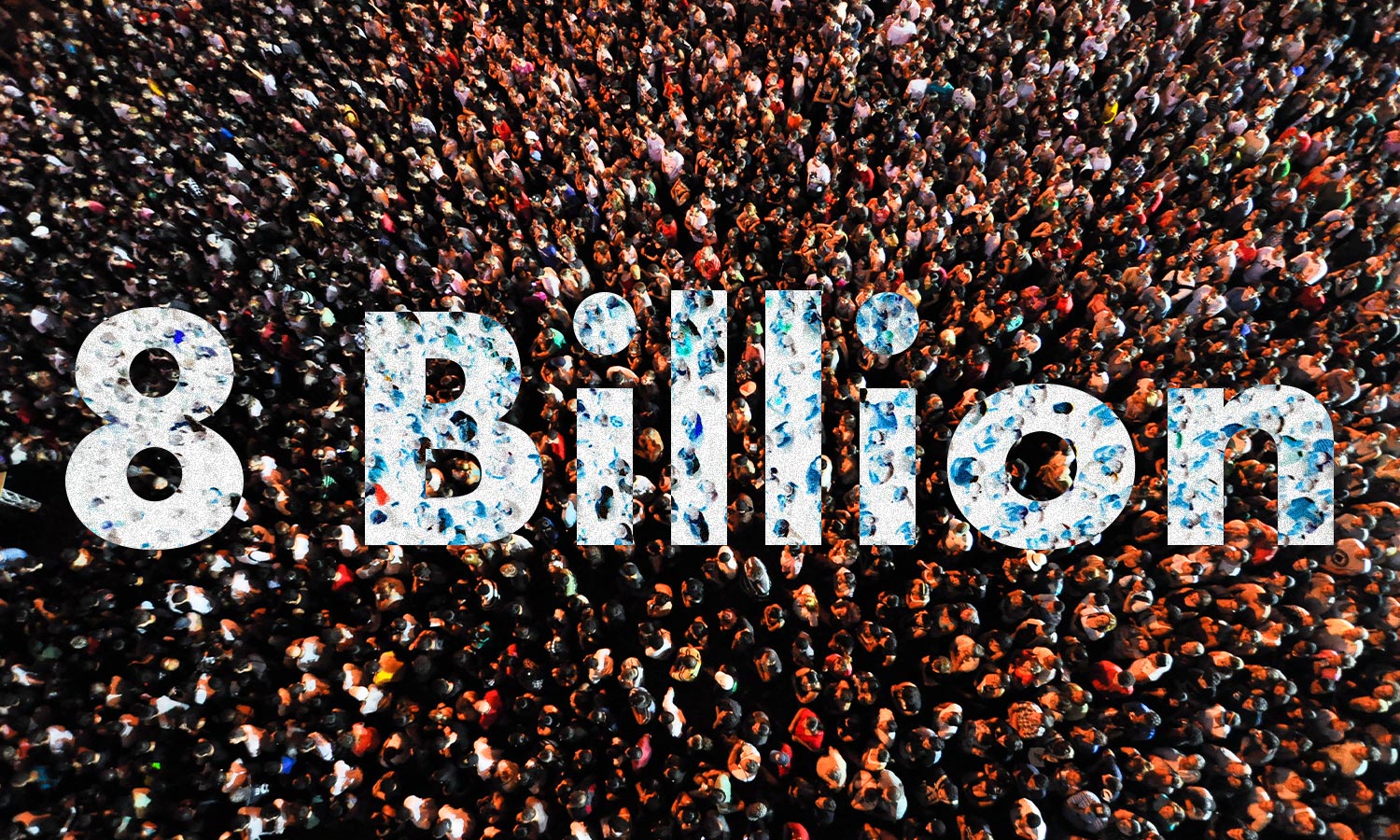
Dear Commons Community,
According to the United Nations, the world’s population was projected to hit an estimated 8 billion people yesterday, with much of the growth coming from developing nations in Africa. As reported by the Associated Press.
Among them is Nigeria, where resources are already stretched to the limit. More than 15 million people in Lagos compete for everything from electricity to light their homes to spots on crowded buses, often for two-hour commutes each way in this sprawling megacity. Some Nigerian children set off for school as early as 5 a.m.
And over the next three decades, the West African nation’s population is expected to soar even more: from 216 million this year to 375 million, the U.N. says. That will make Nigeria the fourth-most populous country in the world after India, China and the United States.
“We are already overstretching what we have — the housing, roads, the hospitals, schools. Everything is overstretched,” said Gyang Dalyop, an urban planning and development consultant in Nigeria.
The U.N.’s Day of 8 Billion milestone is more symbolic than precise, officials are careful to note in a wide-ranging report released over the summer that makes some staggering projections.
The upward trend threatens to leave even more people in developing countries further behind, as governments struggle to provide enough classrooms and jobs for a rapidly growing number of youth, and food insecurity becomes an even more urgent problem.
Nigeria is among eight countries the U.N says will account for more than half the world’s population growth between now and 2050 — along with fellow African nations Congo, Ethiopia and Tanzania.
“The population in many countries in sub-Saharan Africa is projected to double between 2022 and 2050, putting additional pressure on already strained resources and challenging policies aimed to reduce poverty and inequalities,” the U.N. report said.
It projected the world’s population will reach around 8.5 billion in 2030, 9.7 billion in 2050 and 10.4 billion in 2100.
Other countries rounding out the list with the fastest growing populations are Egypt, Pakistan, the Philippines and India, which is set to overtake China as the world’s most populous nation next year.
Even as populations soar in some countries, the U.N. says rates are expected to drop by 1% or more in 61 nations.
The U.S. population is now around 333 million, according to U.S. Census Bureau data. The population growth rate in 2021 was just 0.1%, the lowest since the country was founded.
“Going forward, we’re going to have slower growth — the question is, how slow?” said William Frey, a demographer at the Brookings Institution. “The real wild card for the U.S. and many other developed countries is immigration.”
Charles Kenny, a senior fellow at the Center for Global Development in Washington, says environmental concerns surrounding the 8 billion mark should focus on consumption, particularly in developed countries.
“Population is not the problem, the way we consume is the problem — let’s change our consumption patterns,” he said.
Amen!
Tony


